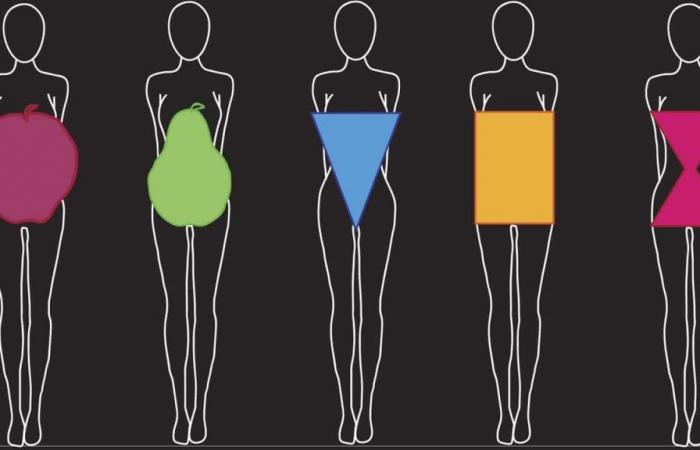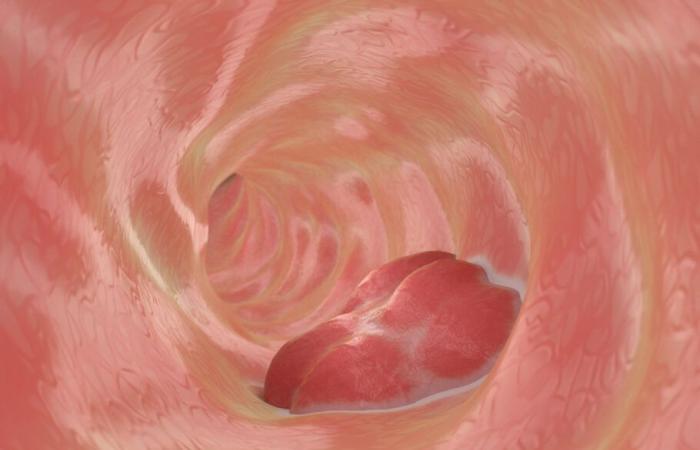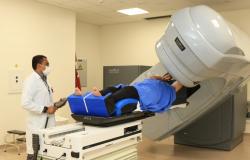Your body shape may be putting you at additional risk for colorectal cancer, one of the fastest growing types in young people. The warning comes from a study that appeared in Science Advances.
Rates among people under 50 have increased in recent years. Doctors have been warning that alcohol, ultra-processed foods and a sedentary lifestyle increase the risk.
Now, a study has found that people’s body types and where they store fat — as opposed to how much they have — also play a role.
Credits: sssimone/istock
Study finds relationship between body shape and increased risk of colorectal cancer
Body shapes and colorectal cancer risk
Being obese – which is typically defined as having a BMI above 30 – was associated with a 10% higher risk of colorectal cancer than people of a healthy weight.
But researchers found that tall body types, not defined as obese but who had a beer belly shape, were 12% more likely to develop the disease.
And women were at a higher risk than men equally, with an 18% higher risk.
Fast food, alcohol and a sedentary lifestyle all contribute to a beer belly or a more apple-shaped body.
Meanwhile, those who were tall and had more evenly distributed fat, such as on the arms, legs and breasts, or those who were short and stocky had the lowest risk.
The researchers said the findings show that people with body types that store fat in a concentrated area around the intestine are at greater risk.
They added that where fat accumulates in the body may be a better indicator of cancer risk than BMI alone.
Possible explanations
The team noted that this increased risk may be due to increased levels of growth hormone, as well as fat that accumulates in areas such as breasts, reproductive organs, nerves and blood vessels.
The study demonstrated that an increase in body fat, that is, adipose tissue, causes problems in regulating metabolism, inflammation and blood sugar. In this way, it leads to higher levels of adipokine hormones.
Adipokines, which include leptin, may be directly relevant to the development of cancer, according to researchers.
What are the symptoms of colorectal cancer?
- Changes in bowel habits, such as diarrhea or constipation
- Rectal or stool bleeding
- Persistent abdominal pain
- Feeling of discomfort or pain during bowel movements
- Unexplained weakness or fatigue
- Unintentional weight loss
- Feeling that the intestine has not completely emptied after a bowel movement
Credits: luismmolina/istock
Colorectal cancer develops in the colon or rectum
What are the most common causes of colorectal cancer?
- Advanced age: the risk increases with aging.
- Family history: Having first-degree relatives with colorectal cancer increases your risk.
- Personal history of polyps or cancer: Having colon polyps or previous colorectal cancer increases your risk.
- High-fat, low-fiber diet: Consuming too much red and processed meat, as well as too little fruit, vegetables, and fiber, may increase your risk.
- Sedentary lifestyle: lack of regular physical activity is associated with a greater risk.
- Smoking and excessive alcohol consumption: both habits are linked to a higher risk of colorectal cancer.
- Inflammatory bowel diseases such as Crohn’s disease and ulcerative colitis may increase your risk.







